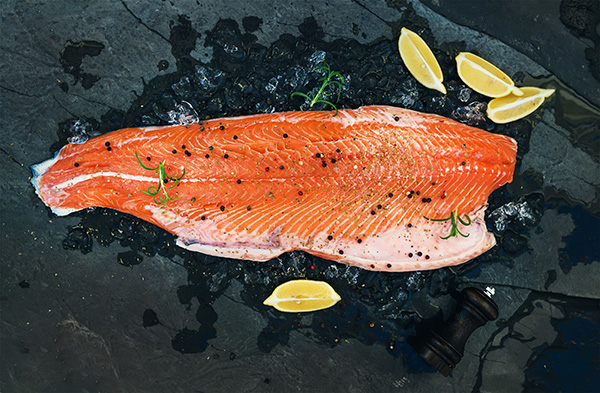
Salmon is an ideal choice if you’re giving up or reducing your consumption of meat during Lent,and it’s a food you’ll want to include in your diet throughout the year. This type of fish is not only delicious, but it packs a powerful nutritional punch. From delicious to nutritious, these salmon health facts will change your eating habits for good!
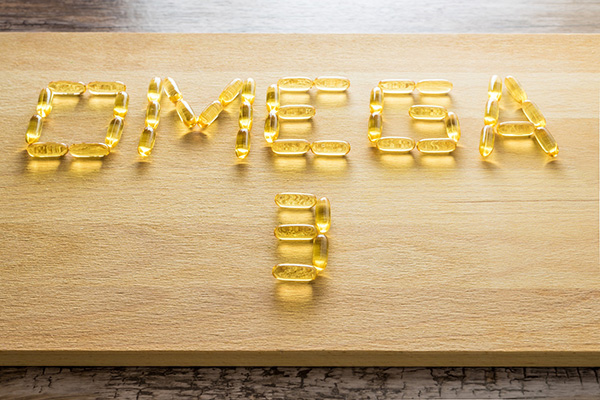
It’s high in omega-3 fatty acids
Omega-3 fatty acids are unsaturated, essential fats that aren’t produced by your body, so the only way to get them is through your diet. Fatty fish such as salmon is high in these important nutrients, which can protect you against heart disease and stroke. The American Heart Association recommends eating fish high in omega-3 fatty acids a minimum of twice a week.
Omega-3s may also prevent a long list of chronic health issues, including high blood pressure, diabetes, arthritis, high cholesterol and dementia.
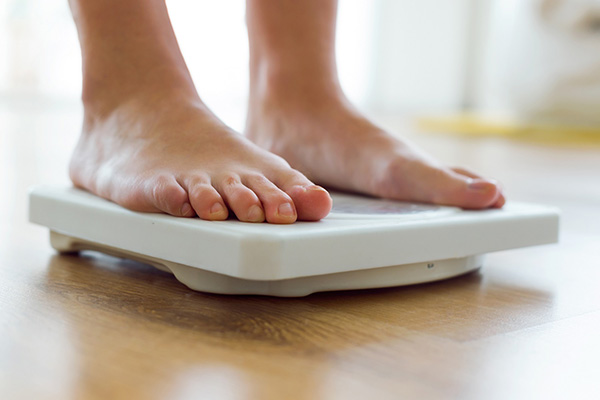
Is salmon good for weight loss? It can aid in weight loss
As with any food, the number of calories in salmon depends on how it’s prepared. Skip unhealthy add-ons to reduce calories while getting a powerful, healthy dose of protein that will help you stay full. A 3-ounce portion of salmon contains 21 grams of protein, which strengthens bones, muscles and cartilage.
In its natural state, salmon contains no carbohydrates, so it appeals to people who are trying to lose weight by following a low-carb diet. If it’s pre-packaged, you’ll need to check the label to make sure nothing has been added.
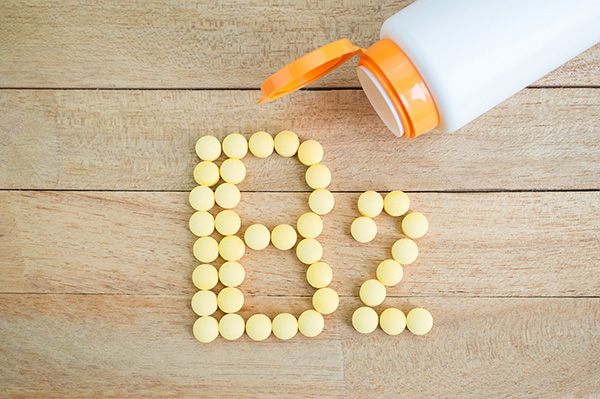
It’s rich in B vitamins
Salmon contains many different types of B vitamins. In fact, one serving has almost 50 percent of the recommended daily value of vitamin B-2 (riboflavin).This antioxidant fights free radicals that can contribute to the aging process as well as the development of heart disease and cancer.
In addition, a serving of salmon contains about 84 percent of vitamin B-3, 80 percent of vitamin B-6, and 86 percent of vitamin B-12. These nutrients help convert food to energy and keep your liver, skin, hair, eyes and nervous system healthy.
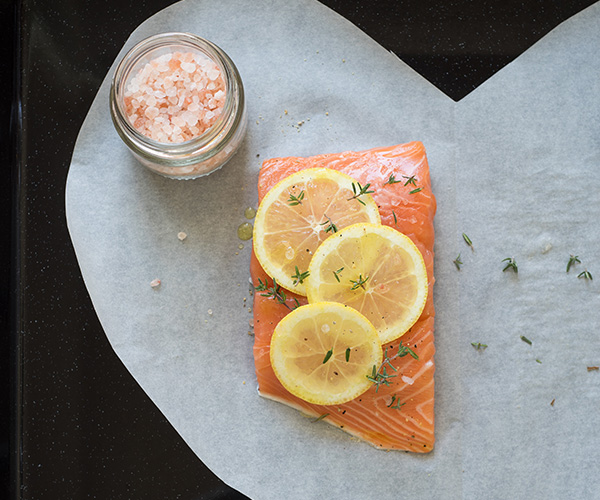
It’s packed with minerals
Salmon contains plenty of selenium, a mineral that assists with immune function and can also reduce your risk of developing cancer. It also contains plenty of phosphorus (which builds and maintains strong bones) and potassium (which regulates your heartbeat and helps you maintain a healthy blood pressure).
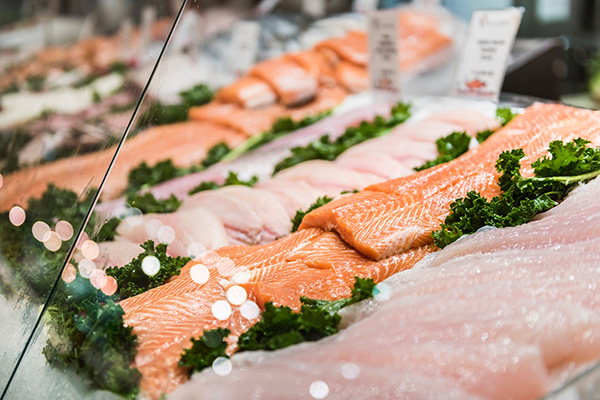
What to look for when you’re buying salmon
If you’re looking to add more salmon to your diet, you can buy it fresh, frozen or canned. Fresh salmon should not have an overwhelmingly fishy smell, and it should look moist, shiny and firm. Salmon can be more expensive when it’s out of season, so you may want to buy it frozen or canned to save some money.
For more salmon health facts, contact BMI of Texas, and in the meantime, give our recipe for Grilled Salmon with Honey-Soy Marinade a try!

